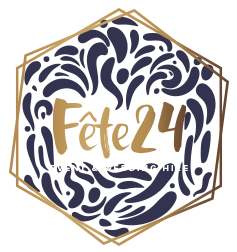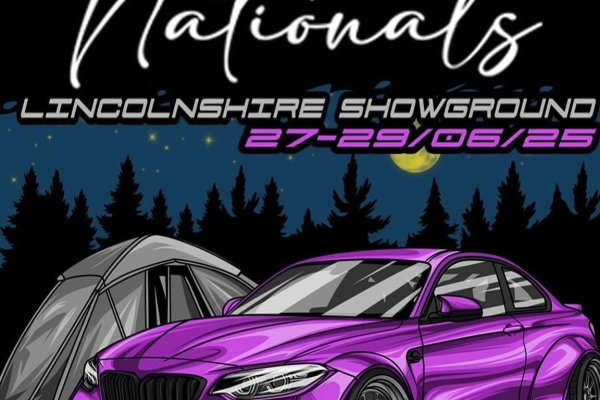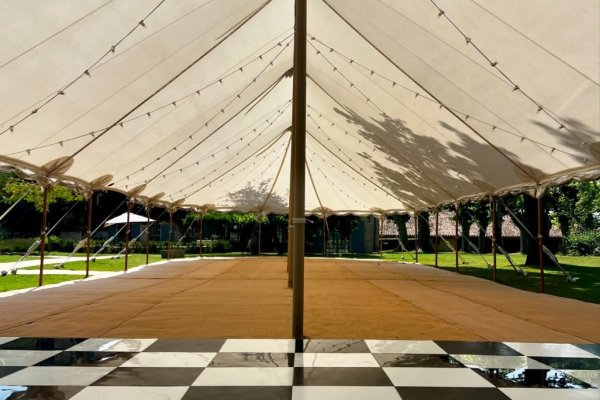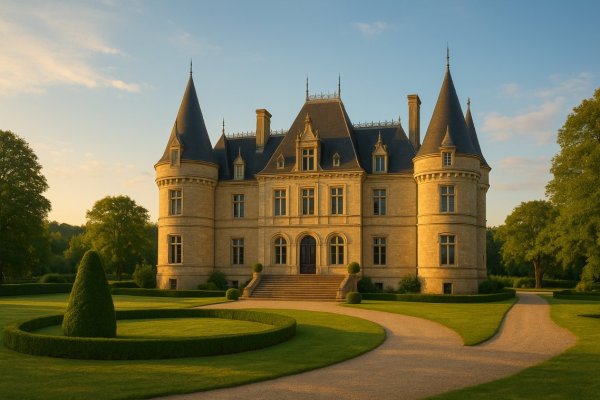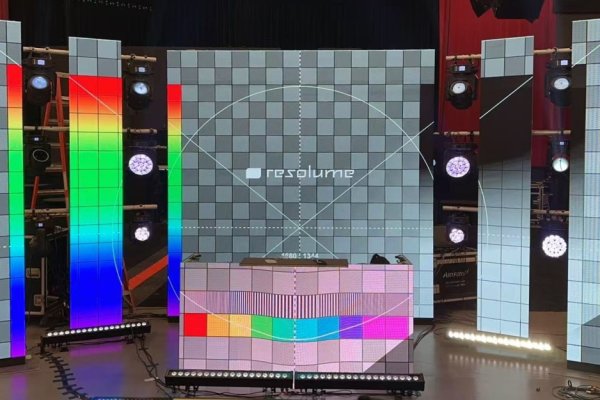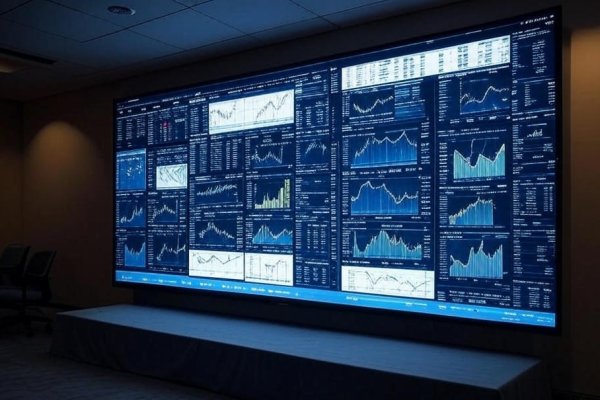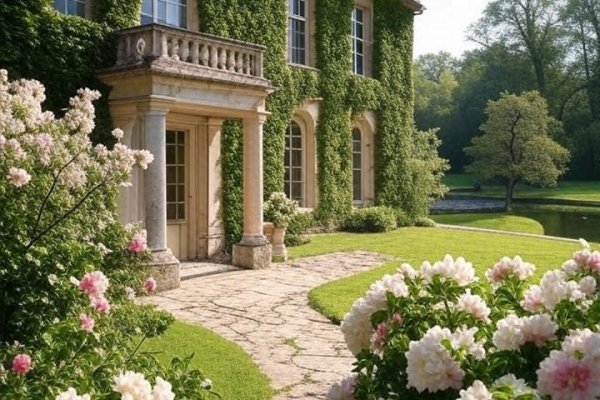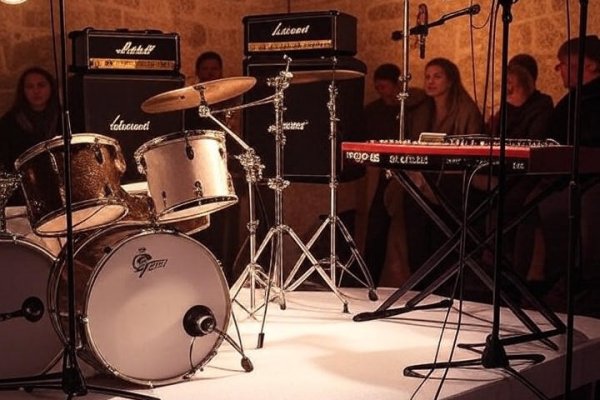What DJ Equipment Do You Need for a Wedding?
18/11/2023A Guide to Essential DJ Equipment for Weddings
In many ways, DJs are only as good as their equipment. Even the most skilled DJ can sound subpar if they use the wrong sound system for a venue (often an underpowered system unsuitable for the event space) or a poor-quality microphone, which is especially noticeable during speeches.
With that in mind, whether you're entering the wedding DJ industry or planning your own wedding and want to ensure your DJ is well-equipped, here's a quick look at what a professional wedding DJ should have:
PA System
No party is complete without a top-quality sound system. Since wedding venues vary in size, a professional DJ needs a range of PA speaker options to deliver great sound, no matter the venue's acoustics.
A typical wedding DJ setup includes:
- Two main speakers, often floor-standing models like our d&b audiotechnik Q7.
- Two subwoofers, such as d&b audiotechnik Qsubs.
- One or two smaller monitor speakers, like the d&b audiotechnik M4, which serve as DJ monitors.
This setup ensures that the main dancefloor area has full sound coverage, while the DJ can hear the mix clearly. By using separate subs and midtop speakers, you get a richer, fuller sound. It’s not just about volume—sound quality significantly affects both the guest and DJ experience.
For venues sensitive to noise, a smaller, distributed sound system is recommended. Additionally, some DJs, especially those in DJ/saxophone combos, may need wired or wireless in-ear monitors (IEMs), which serve the same purpose as the d&b M4 monitors by allowing performers to monitor the mix.
In terms of brands, industry leaders include d&b audiotechnik, L-Acoustics, and RCF for speakers. For DJ equipment, Pioneer is the go-to for most professionals. Around 95% of DJ requests we receive specify compatibility with either Traktor or Serato, along with a CDJ setup.
DJ Controllers, Kit, and Laptop
A DJ controller is essential for any professional DJ, offering more control over the mix than just a laptop and headphones. A good controller will have jog wheels, cue points, performance pads, and various faders and knobs. Many also come with built-in sound cards to enhance audio quality.
A DJ’s laptop is the brain of the operation, housing their entire music library and DJ software. Therefore, it’s important to use a reliable laptop (many prefer the MacBook Pro) and keep a backup hard drive with your music library, just in case.
As for DJ software, Serato, Traktor, and Pioneer’s Rekordbox are the most popular. We stock the Pioneer XDJ-ZX, which works seamlessly with all three. For CDJs, the Pioneer CDJ-2000NXS2 players paired with a Pioneer DJM900NXS2 mixer is industry standard and widely used by DJs worldwide.
Disco Lighting
Creating the right atmosphere at a wedding reception involves more than just sound—you also need effective disco lighting to get guests onto the dance floor.
While some venues provide in-house lighting, it’s often worth hiring your own set of lights to ensure quality. Most wedding DJs bring a basic lighting rig, which includes strobe lights, moving head lights, and LED PAR cans, controlled by a lighting controller for various effects throughout the night.
If the DJ doesn’t own their lighting equipment, partnering with an experienced sound and lighting hire company (such as Fête24 in you are looking in France) ensures your event is visually spectacular. We recommend the LEDJ Helix 150 gobo light, which offers the power and sharp light effects of larger moving heads but is more affordable and takes up less space.
Microphones
A high-quality microphone is essential for any DJ, allowing them to communicate with guests and make important announcements—like the bride and groom’s entrance or cake cutting.
The most popular choice is a handheld wireless microphone, which allows the DJ to move around freely while being heard clearly. Wired microphones work well if the DJ remains in one spot. Trusted brands include Shure and Sennheiser; we personally use the Shure UR2 handheld wireless mic or the Shure SM58 wired option.
Headphones
No DJ can perform without a reliable pair of headphones. Good headphones allow the DJ to hear the music clearly and sync tracks, even over a noisy crowd. Most DJs opt for over-ear models for better sound isolation, though on-ear designs can also work well.
Popular choices among professional DJs include the Pioneer HDJ-2000, Sennheiser HD 25, and Audio-Technica ATH-M50x.
DJ Booth
While not technically equipment, a proper DJ booth elevates a DJ’s setup and gives the event a polished look. Most DJ booths are made of lightweight metal and include built-in shelves or trays for essential equipment like the mixer and laptop. Some even come with built-in LED lighting for an extra visual effect.
Hiring a DJ booth from a sound and lighting company is a great option, but if you’re a DJ performing frequently at weddings, it might be worth purchasing your own booth.
Other Equipment for Wedding DJs
In addition to the essentials, here are a few more pieces of equipment that can enhance your wedding DJ setup:
- Fog Machine: Adds atmosphere to the dance floor, though some venues may restrict its use.
- Laser Lighting Rig: Creates exciting visual effects that encourage guests to dance.
- Extension Cables and Power Cables: Ensure everything is connected and powered properly. Stands for lights, laptops, and other gear are also handy.
Final Thoughts on DJ Equipment for Weddings
Now that you know what essential equipment a wedding DJ needs, you can start planning your setup, whether for your DJ business or your own wedding. If you’re not planning to make DJing a business, hiring equipment is usually the best option. This ensures you have the best gear for your event without the hassle of storage or maintenance afterward.
Happy wedding DJing!
